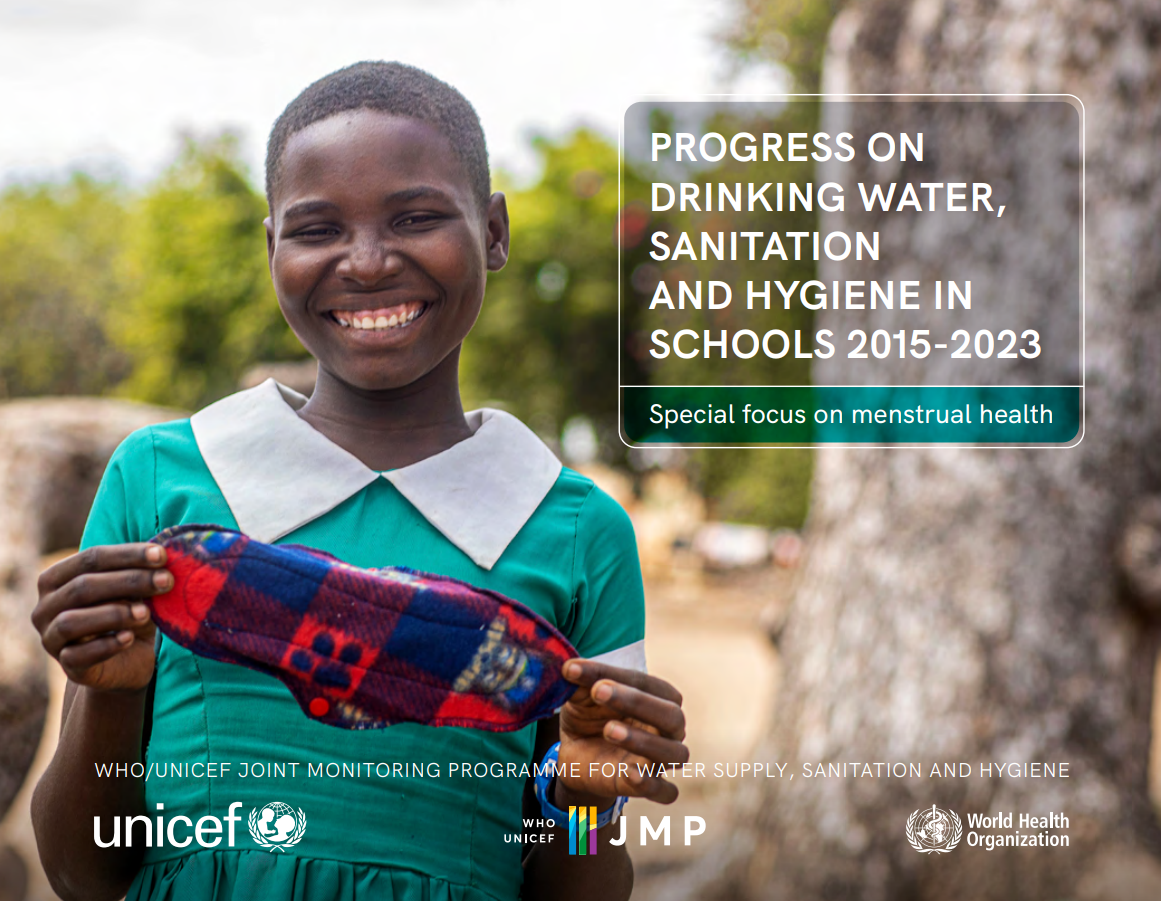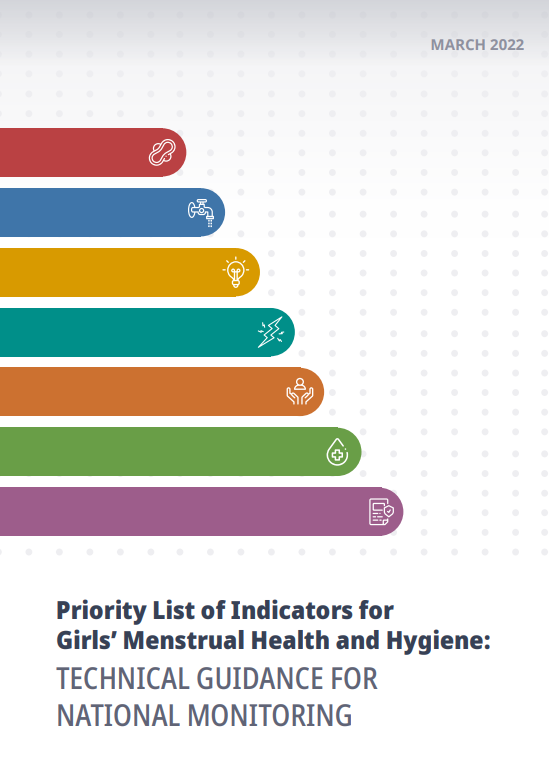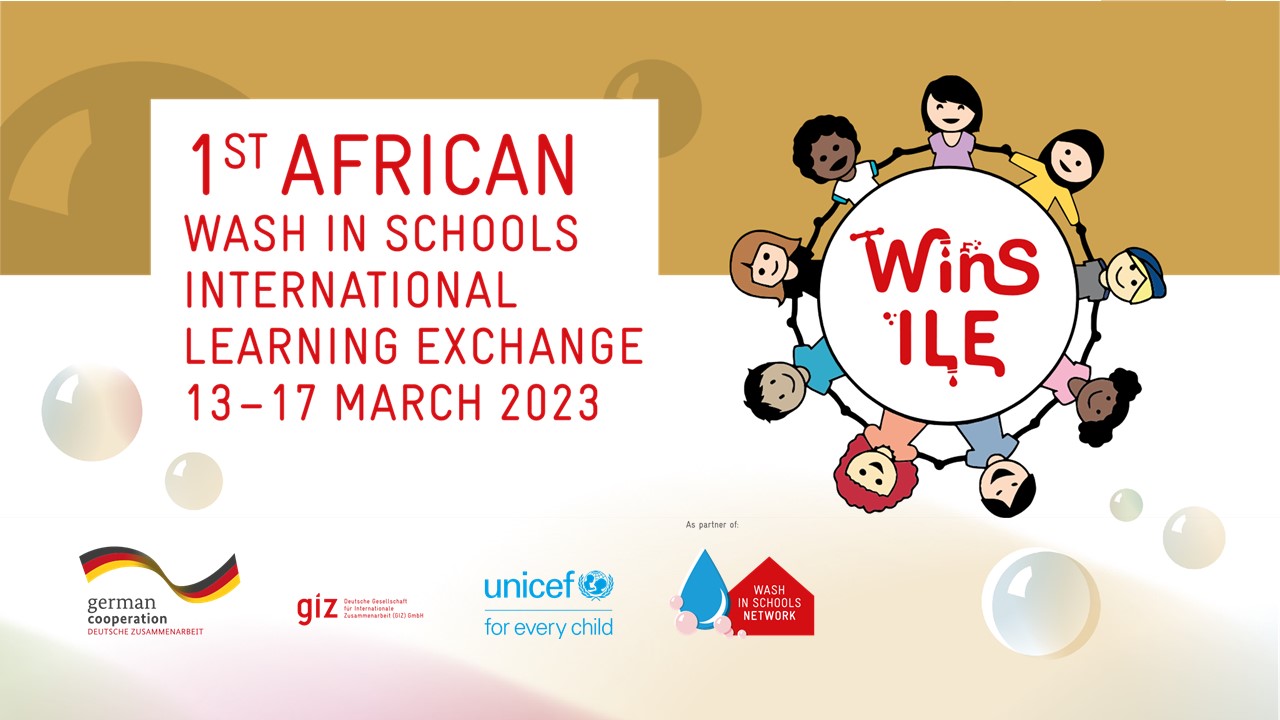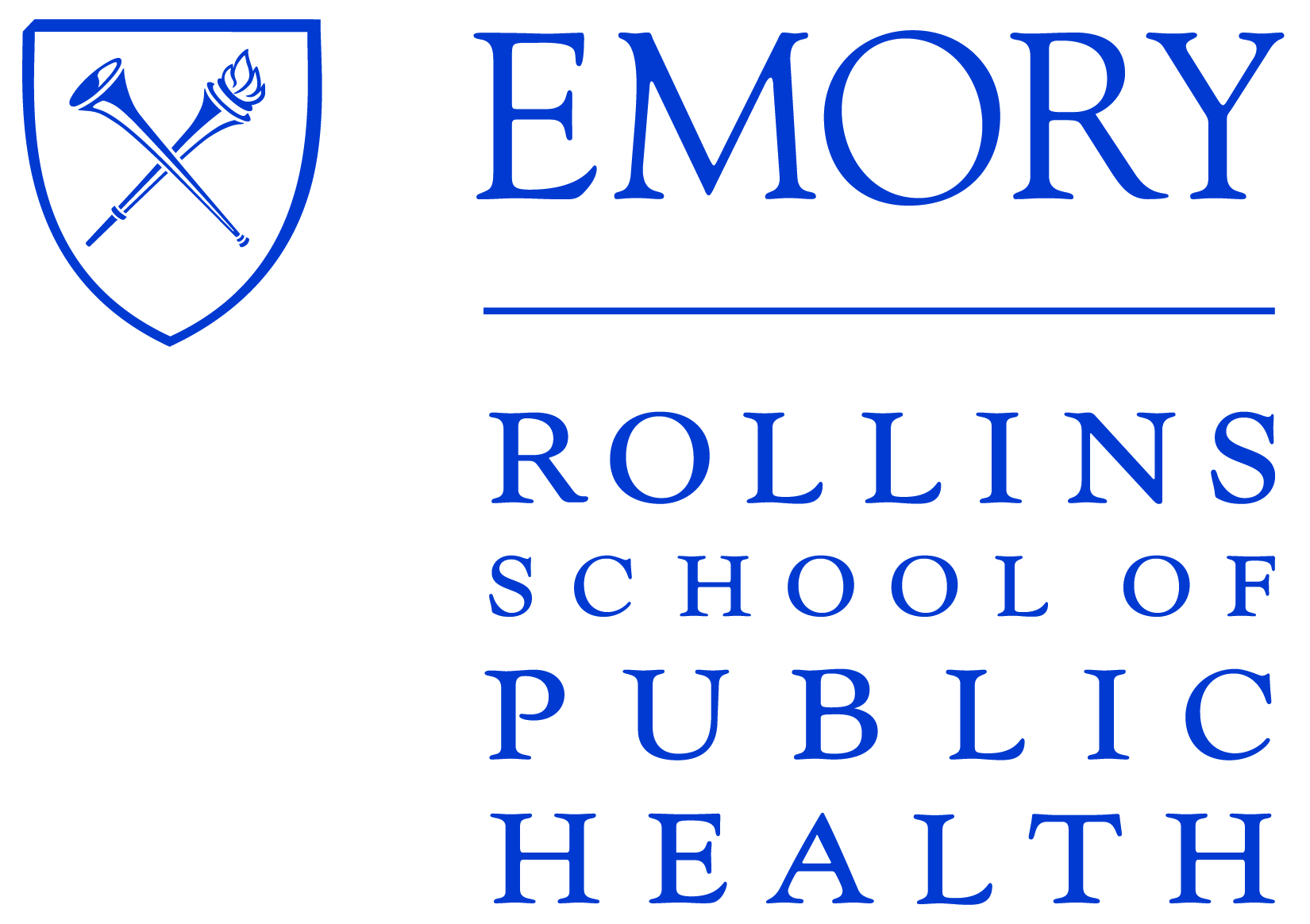WASH in Schools in focus: Country Examples of PPR through the lens of enabling environment matrix
The COVID-19 pandemic put front and centre for the needed attention on water supply, hand hygiene and sanitation. Protocols, financial investments, teacher training, and up-to-date WinS data were important factors for decision-making and programming for safe school reopening and COVID-19 infection prevention and control measures.
Size: 2.618 MB
The COVID-19 pandemic put front and centre for the needed attention on water supply, hand hygiene and sanitation. Protocols, financial investments, teacher training, and up-to-date WinS data were important factors for decision-making and programming for safe school reopening and COVID-19 infection prevention and control measures. Using the Enabling Environment matrix like a camera lens to view country-level actions, the WinS Network draws on examples from Stocktaking Webinar on Safe School Reopening and School Readiness Assessment - Global Perspective and Examples held on 28 September 2021, the UNC Water and Health Conference: Science, Policy and Practice held on 4-8 October 2021, and the Virtual 8th WASH in Schools International Learning Exchange last 16-18 November 2021. Each event provided substantial information, and facilitated exchanges between Ministries of Education, global experts, and development partners on actions that countries were employing for pandemic preparedness, response and control. By illustrating the examples using the Enabling Environment matrix, this publication encourages Ministries of Education and development partners to realise the potential of the tool for system-wide WinS improvements.
Featured countries:
- Policy and planning: Ecuador and Indonesia
- Budget and Expenditure: Indonesia and Timor Leste
- Monitoring and Evaluation: Kenya
- Implementation Arrangements: India
- Capacity Building: South Africa, Malawi, and The Philippines
The collective country examples from 20 countries in Africa, Asia and the Pacific supply rich learnings and underline the positive momentum showed by Ministries of Education to lead WinS, and the respective public, non-governmental and private sector stakeholders to support WASH activities in schools. This is a promising trend and is in line with WHO’s school health regulations that clarifies the Education sector’s leadership for school health with technical expertise from the Health sector.
This document is published by WinS Network with inputs from core group members and Sustainable Sanitation Alliance Working Group 7 (WASH in Institutions).



